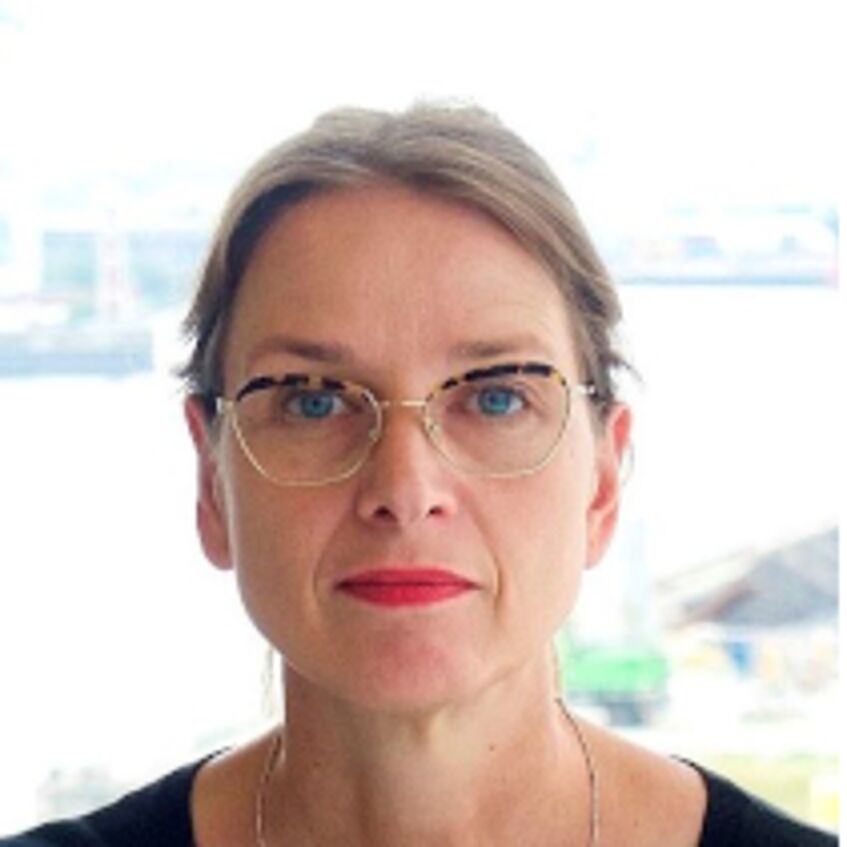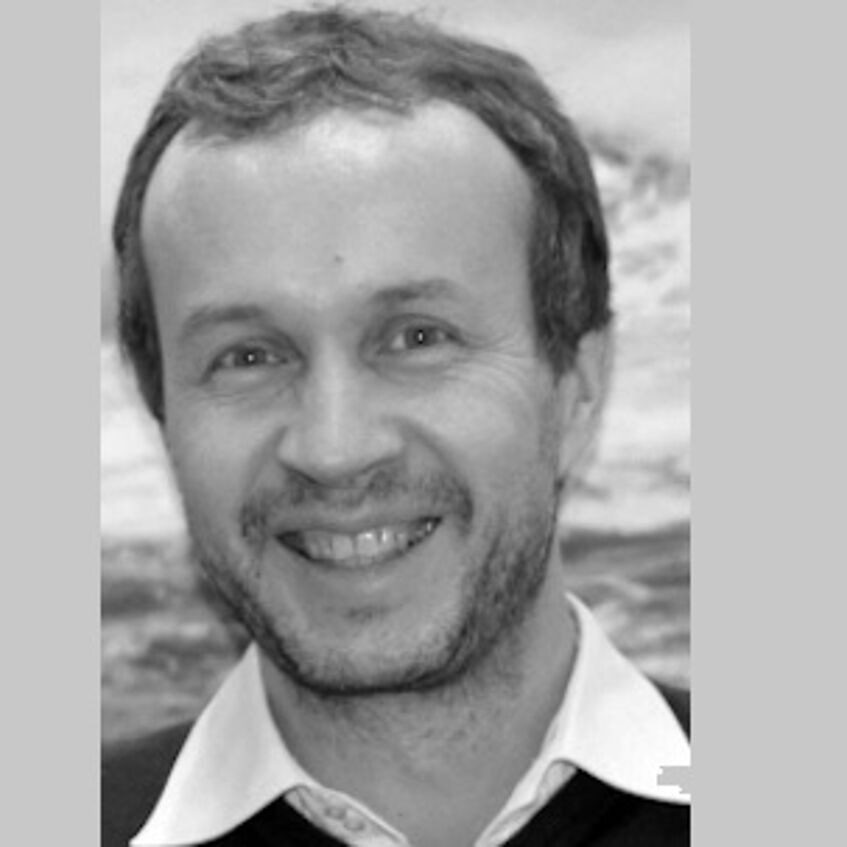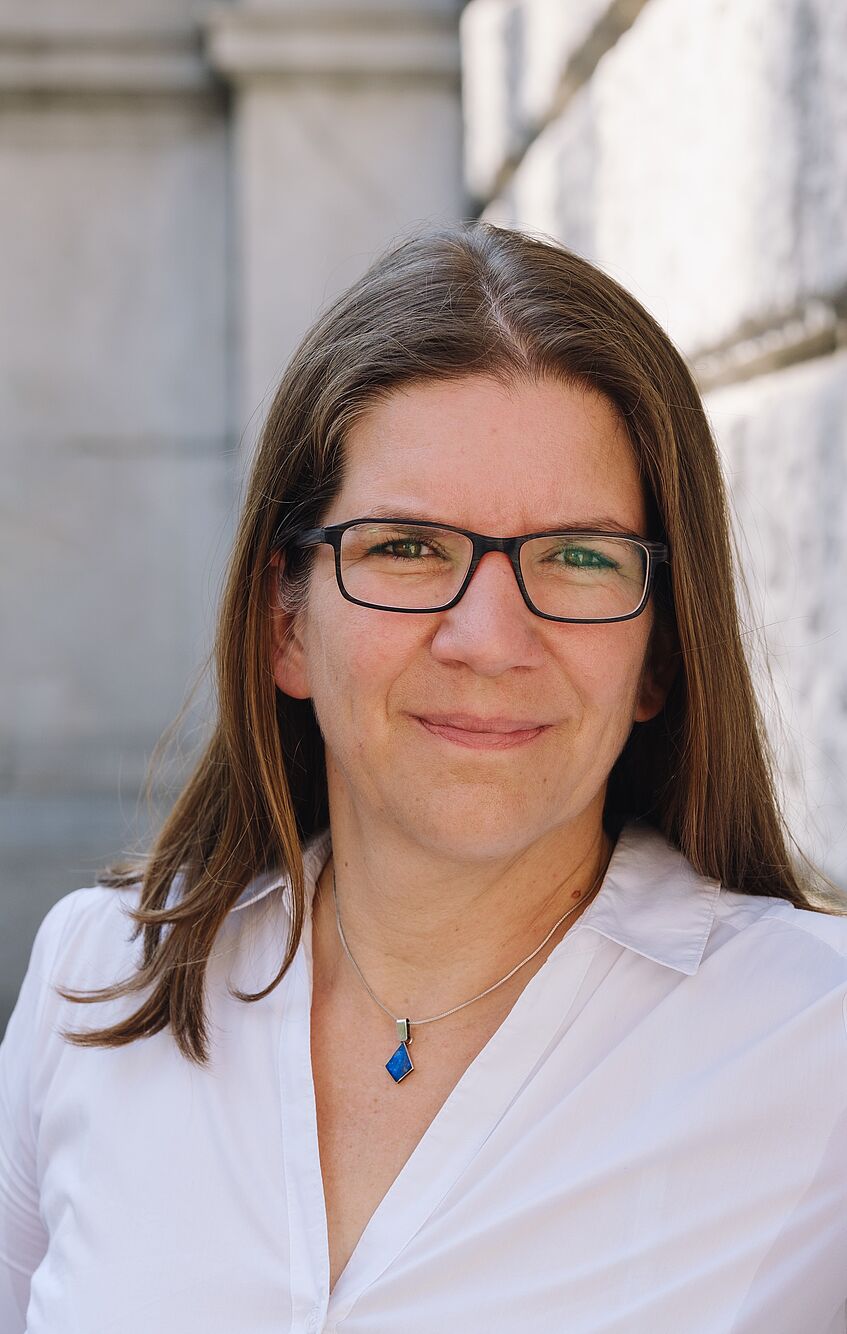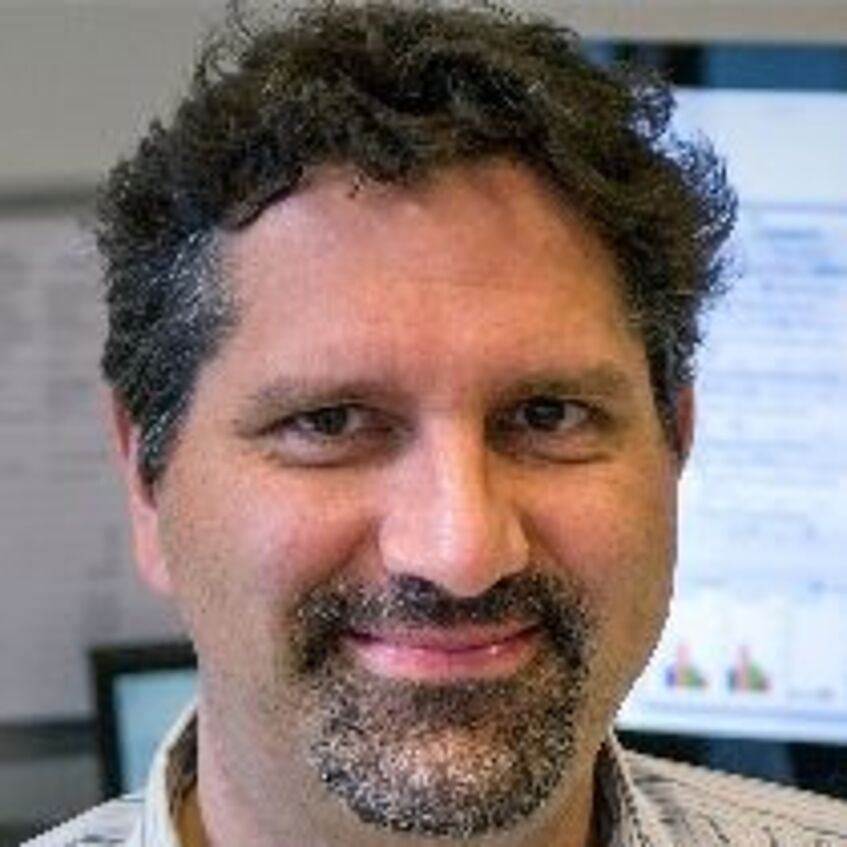Co-Principal Investigators
Univ.-Prof. Dr. Alexa Färber

Univ.-Prof. Dr. Alexa Färber
Alexa Färber is Professor of European Ethnology at the Faculty of Historical and Cultural Studies. She explores how values and culture shape urban space and its images and the promises it holds. Through her expertise in cultural urban studies, she will contribute to investigate how promises in and of the city and their related fragmented practices shape our understanding of the urban and how the challenges of urban inequalities and super-diversity translate into personal experiences. A conceptual and critical clarification of what the “European city” is, what it promises, will also be on the agenda and will be investigated by unveiling the translation exercise from the global, to the national, the regional down into concrete everyday life experiences - and vice versa. Her methodological expertise in urban visual research will help disentangling this translation exercise through a theoretical understanding of cities as a result of a process of assemblage through which multiple meaningful scales conflate in the personal (and local) experience in everyday life.
Read more or contact: alexa.faerber@univie.ac.at.
Univ.-Prof. Dr. Thilo Hofmann

Univ.-Prof. Dr. Thilo Hofmann
Thilo Hofmann is Professor of Environmental Geosciences at the Centre for Microbiology and Environmental Systems Science. He works on the impact of anthropogenic pollutants on the environment, including micro-plastics, nanoparticles, and pollutant dynamics in soil and water. He is the director of the environmental science research network on at the University of Vienna. In this capacity he will act as hub to all researchers working on environmental sustainability at urban level. His understanding of how pollutants affect the envi-ronment [of cities] will further help to understand how cities have to be planned and governed, for example regarding questions on how to reduce emissions being responsible for adverse effects including climate change.. Hofmann is also the vice head of the Research Platform "Plastic in the Environment and Society", in which the research team deals with the environmental impact of plastic that pollutes and influences the ecological footprint.
Read more or contact: thilo.hofmann@univie.ac.at.
Univ.-Prof. Dr. habil. Kerstin Krellenberg

Univ.-Prof. Dr. habil. Kerstin Krellenberg
Kerstin Krellenberg is Professor of Urban Studies at the Department of Geography and Regional Research and heads the Urban Studies working group. Her research focuses on urban sustainability transformations, urban vulnerability and urban adaptation. Global environmental change and digital change as well as the impacts on, and the challenges and opportunities for cities, are central to her research. She works both conceptually and empirically to better link theory and practice for sustainable urban transformation. Ultimately, her aim is to develop integrative approaches through inter- and transdisciplinary cooperation, which for example includes the interaction of the UN Sustainability Development Goals (SDGs) or the socio-ecological-technical interactions in cities. Krellenberg studied environmental sciences and received a PhD from Humboldt-Universität zu Berlin and did her habilitation at the University of Leipzig, both in geography. Mostly, her regional geographic focus is on Latin America.
Read more or contact: kerstin.krellenberg@univie.ac.at.
Univ.-Prof. Torsten Möller, PhD

Univ.-Prof. Torsten Möller, PhD
Torsten Möller is Professor for Visualization and Data analysis at the Faculty of Computer Science. He is the chair of the research group on data visualisation and the speaker of the Research Platform Data Science @ UNIVIE. His expertise will contribute to the analysis of the governance of complex urban systems that increasingly require data that can support decision-making processes. In effect, data visualisation provides insight into these complexities raising awareness on relations that are not immediately evident. The workshop series planned each year within the framework of the platform activities will allocate a fixed time slot dedicated to data visualisation that will be thematically framed. The emerging importance of ICTs in everyday life influences societal change and the way in which space is perceived and used in everyday life and in planning ranging from smart city frames to dystopian images of a controlled urban society. Big urban data can provide information of human behaviour, and cast light on the processes and socioeconomic transformation in urban areas connecting micro-processes to macro-trends.
Read more or contact: torsten.moeller@univie.ac.at.
